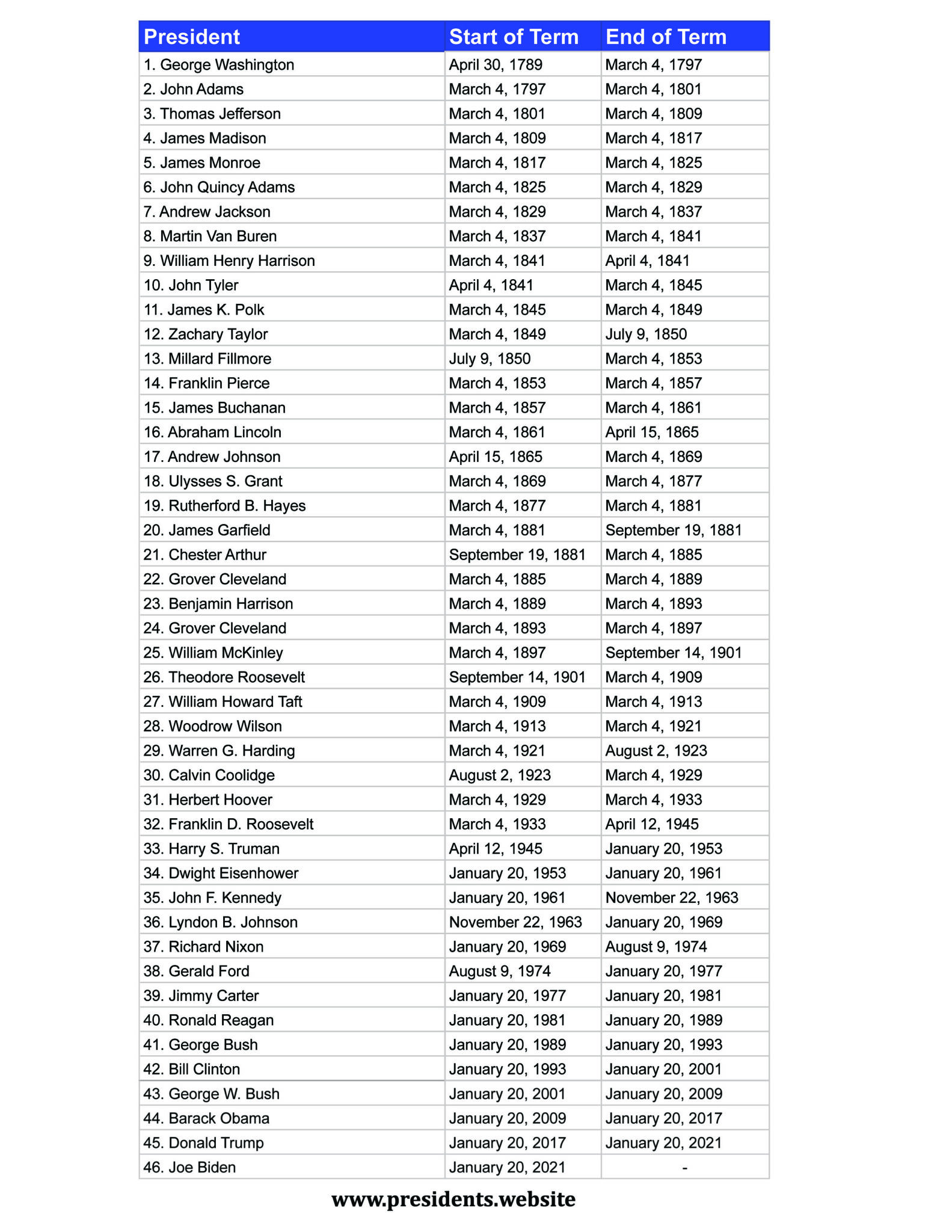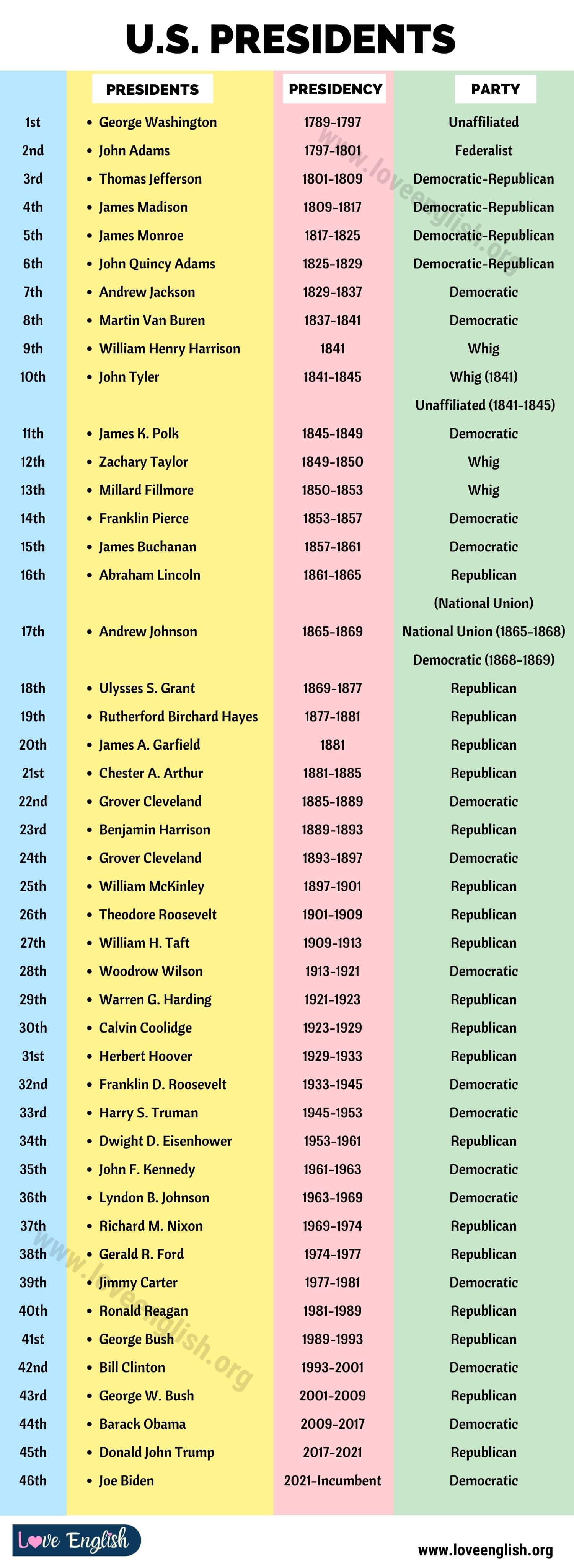Unveiling The Role Of US Presidents During WW1: A Deep Dive Into History
When we talk about World War I, the role of US presidents during this period is a fascinating chapter in history. The decisions made by these leaders shaped not only the outcome of the war but also the future of the United States on the global stage. So, buckle up, because we're diving deep into the past to uncover the untold stories of these influential figures. This ain't just history; it's a journey into how leadership can change the world.
You might think history is just a bunch of boring dates and names, but trust me, the role of US presidents during WW1 is packed with drama, decisions, and destiny. From Woodrow Wilson's idealism to the lesser-known figures who played crucial roles, this era is filled with twists and turns that will make you rethink what you know about the Great War.
Now, let's not forget why we're here. We're not just skimming the surface; we're diving deep into the trenches of history. By the end of this article, you'll have a clearer picture of how US presidents navigated one of the most challenging periods in history. So, let's get started!
- Houston Dynamo Vs Columbus Crew Lineups
- Starting Lineup Boston Celtics
- East Village San Diego Bars
- How Are The Jenners And Kardashians Related
- Where Do The Atlantic And Pacific Oceans Meet
Understanding the Context: What Was WW1 All About?
Before we jump into the presidents, let's set the stage. World War I, or the Great War, was a global conflict that lasted from 1914 to 1918. It was like a massive game of chess, but instead of pawns, it involved entire nations. The war began with the assassination of Archduke Franz Ferdinand of Austria and spiraled into a conflict involving most of Europe and parts of Asia, Africa, and the Americas.
The United States initially stayed neutral, but things changed when German submarines started sinking American ships. This was a big deal because it meant the US couldn't just sit on the sidelines anymore. The decisions made by US presidents during this time were crucial in determining the country's stance and involvement.
Key Players: US Presidents During WW1
Woodrow Wilson: The Man Who Changed Everything
Woodrow Wilson was the 28th president of the United States and the key figure during WW1. He initially campaigned for neutrality, famously saying, "There is such a thing as a nation being too proud to fight." But as the war dragged on, Wilson realized that neutrality wasn't sustainable. In 1917, he asked Congress to declare war on Germany, and the US officially entered the conflict.
- Northfield Newspaper
- Turtle Rescue In South Padre Island
- Is Chumlee From The Pawn Stars Still Alive
- Is Steve Harvey Really Dead
- What Does Adam Sandler S House Look Like
Wilson's vision for the post-war world was ambitious. He proposed the "Fourteen Points," a plan for peace that included the creation of the League of Nations. While his ideas weren't fully adopted, they laid the groundwork for future international cooperation.
Other Presidents: The Forgotten Figures
While Wilson gets most of the attention, other presidents played roles during the lead-up to WW1. William Howard Taft, for example, focused on "Dollar Diplomacy," trying to promote American business interests abroad. His approach wasn't directly related to the war, but it shaped the US's economic stance in the years leading up to the conflict.
And let's not forget Theodore Roosevelt, who wasn't president during WW1 but was a vocal advocate for American involvement. His outspoken nature made him a key figure in shaping public opinion about the war.
The Decision to Enter the War: A Turning Point
The decision to enter WW1 was a game-changer for the United States. It wasn't an easy choice, and it involved a lot of factors. The sinking of the Lusitania, a British passenger ship, by a German U-boat in 1915 was a major catalyst. This event shocked the world and put pressure on the US to take action.
But it wasn't just about revenge. The US had economic ties with the Allied Powers, and staying neutral meant risking those relationships. Wilson had to weigh the options carefully, and in the end, he chose to enter the war. This decision marked a turning point in American history, as it signaled the country's emergence as a global power.
Impact on the Home Front: How the War Changed America
While the war was raging overseas, it also had a profound impact on the home front. The US government launched massive campaigns to support the war effort, including the sale of Liberty Bonds and the promotion of rationing. Women entered the workforce in large numbers, and African Americans moved north in search of better opportunities.
This period also saw the rise of propaganda, with posters and films encouraging Americans to support the war. It was a time of sacrifice and unity, but it also highlighted the divisions within society. The Espionage Act and Sedition Act were passed, restricting freedom of speech and targeting dissenters.
The Role of Leadership: Lessons from WW1
Woodrow Wilson's Legacy
Woodrow Wilson's leadership during WW1 left a lasting legacy. His vision for a peaceful world order inspired future generations, even if it wasn't fully realized. The League of Nations, although unsuccessful, paved the way for the United Nations. Wilson's idealism showed that leaders can dream big, even in the face of adversity.
Lessons for Modern Leaders
The lessons from WW1 are still relevant today. The importance of diplomacy, the dangers of isolationism, and the need for international cooperation are all themes that resonate in modern politics. Leaders today can learn from the mistakes and successes of their predecessors, using history as a guide to navigate complex global challenges.
Key Events and Decisions: A Timeline
- 1914: World War I begins with the assassination of Archduke Franz Ferdinand.
- 1915: The sinking of the Lusitania by a German U-boat shocks the world.
- 1917: The US enters the war after Germany resumes unrestricted submarine warfare.
- 1918: The war ends with the signing of the Armistice on November 11.
This timeline highlights the key events that shaped the role of US presidents during WW1. Each decision was a step toward a new world order, and each leader had to navigate the complexities of war and diplomacy.
The Aftermath: Shaping the Post-War World
The aftermath of WW1 was a time of change and uncertainty. The Treaty of Versailles, negotiated in 1919, imposed harsh penalties on Germany and redrew the map of Europe. Wilson's vision for a peaceful world was partially realized with the creation of the League of Nations, but the US never joined, leaving the organization weak.
Back home, the war had a lasting impact on American society. The Roaring Twenties saw a cultural and economic boom, but the seeds of the Great Depression were already being sown. The war had changed everything, and the world would never be the same again.
Data and Statistics: The Numbers Behind the War
Here are some key statistics that highlight the scale of WW1:
- More than 70 million military personnel were mobilized during the war.
- Approximately 16 million people died, including soldiers and civilians.
- The US entered the war in 1917 and contributed significantly to the Allied victory.
These numbers show just how massive the conflict was and how crucial the role of US presidents was in shaping the outcome.
Conclusion: Reflecting on the Past
In conclusion, the role of US presidents during WW1 was pivotal in shaping the course of history. From Woodrow Wilson's idealism to the sacrifices made on the home front, this era was a turning point for the United States. The decisions made during this time laid the foundation for the country's emergence as a global superpower.
So, what can we take away from this journey through history? First, leadership matters. The choices made by presidents during WW1 had far-reaching consequences. Second, history is a teacher. By studying the past, we can better understand the present and prepare for the future.
Now it's your turn! Share your thoughts in the comments below. Do you think the US made the right decision to enter WW1? How do you think history might have been different if Wilson's vision had been fully realized? Let's keep the conversation going!
Table of Contents
- Understanding the Context: What Was WW1 All About?
- Key Players: US Presidents During WW1
- The Decision to Enter the War: A Turning Point
- Impact on the Home Front: How the War Changed America
- The Role of Leadership: Lessons from WW1
- Key Events and Decisions: A Timeline
- The Aftermath: Shaping the Post-War World
- Data and Statistics: The Numbers Behind the War
- Conclusion: Reflecting on the Past
Article Recommendations
- Richardsons Ice Cream Flavors
- Nail Designs For Almond Shape Nails
- The Jeffersons Cast Dead Or Alive
- Who Was Jimmy Carter S Vice President
- Sign For June 24

/one-term-us-presidents-3322257_final-b39caf5d3d0049eaa67de6c3b42382e6.jpg)

Detail Author:
- Name : Ezequiel Ebert
- Username : qschumm
- Email : rlindgren@yahoo.com
- Birthdate : 2005-10-30
- Address : 10567 Fay Meadow New Ramiroborough, SC 22177
- Phone : (458) 829-2417
- Company : Breitenberg LLC
- Job : Cashier
- Bio : Blanditiis sunt veniam molestiae rerum error accusamus nemo non. Expedita et temporibus qui accusamus repellat vel. Quas quia harum consequatur est vitae vero ea sunt.
Socials
twitter:
- url : https://twitter.com/rippin2020
- username : rippin2020
- bio : Magni reiciendis aut necessitatibus. Exercitationem tenetur sint ipsa consequatur. Et beatae quas vero architecto iusto eos.
- followers : 4069
- following : 226
facebook:
- url : https://facebook.com/ruby_id
- username : ruby_id
- bio : Omnis sapiente quia molestiae aliquid aut.
- followers : 3297
- following : 2410
tiktok:
- url : https://tiktok.com/@rippinr
- username : rippinr
- bio : Sunt qui ab et mollitia blanditiis. Autem hic dolorem provident voluptatem.
- followers : 1708
- following : 2156
instagram:
- url : https://instagram.com/rrippin
- username : rrippin
- bio : Rerum eligendi laborum magni. Est voluptas odio atque praesentium.
- followers : 6936
- following : 2387